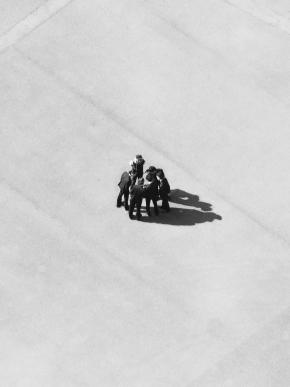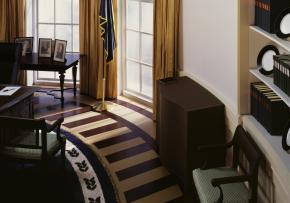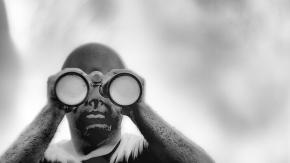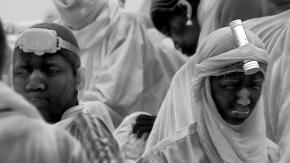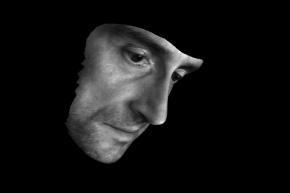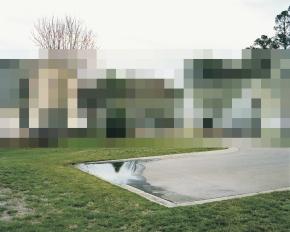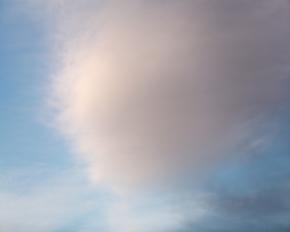[CONTROL] NO CONTROL
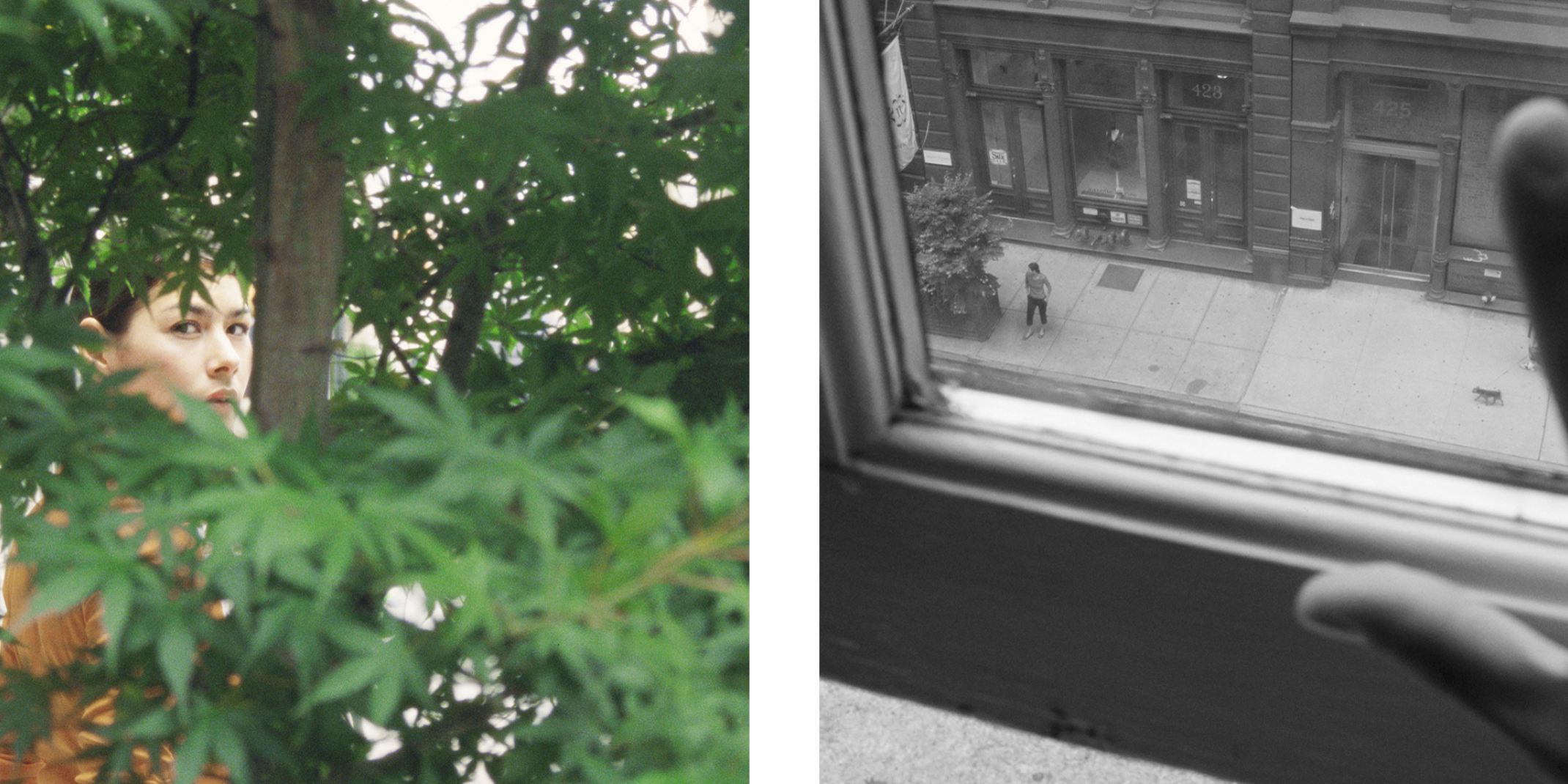
Pressrelease
The exhibition [Control] No Control – in the context of the 7th Triennial of Photography Hamburg 2018 – presents selected works side by side and in mutual confrontation whose intention is to expose and examine how power is effectively exerted through control. Approximately 80 works of art, including numerous works on loan from international collections, show artistic strategies that offer resistance to surveillance and question the mechanisms of social control.
Which contemporary pictures depict the diverse effects of power through control? Which breaking points and potential changes can they spot? What does it mean to be consciously controlled or to control yourself?
The artist Sophie Calle commissioned a private detective in 1981 to shadow and observe her for the work La Filature. The exhibition shows the diptych she created with photographs and text panels.
Nowadays artists like Trevor Paglen become detectives themselves by disclosing secret connecting lines and publishing top secret material. In his latest work Behold These Glorious Times! (2017) Paglen focuses on machine vision, artificial intelligence (AI) and the changing status of pictures. What happens when pictures are no longer read by people but by computers?
For a quite a while, people were aware of the surveillance cameras filming them, but today pictures of people are increasingly produced without their knowledge, as Adam Broomberg & Oliver Chanarin demonstrate in their photographic series Spirit is a Bone (2016). By employing a 3D scanner based on security technology, they have developed an atlas of facial images minus the human element.
Using an ultra-modern weapons-grade thermal camera, the Irish artist Richard Mosse has documented the journeys of refugees from the Middle East and North Africa to Europe. The camera is capable of detecting a human being’s body heat at a distance of 30.3 kilometres. It was developed for pursuing and saving people. Mosse’s work Incoming (2017) is a reflection on national control systems, human suffering and technologies that can be turned against themselves to fundamentally change the conditions of visibility.
In contrast, the five pictures in the series Presidency by Thomas Demand were commissioned by The New York Times Magazine on the occasion of the 2008 presidential election in the USA. They not only document how power is staged, they also demonstrate the misconception we willingly succumb to when confronted with the real image.
Participating artists: Adam Broomberg & Oliver Chanarin, Sophie Calle, Edmund Clark & Crofton Black, Thomas Demand, Bogomir Ecker, Harun Farocki, Jenny Holzer, Sven Johne, Annette Kelm, Mårten Lange, Richard Mosse, Trevor Paglen, Peter Piller, Barbara Probst, Thomas Ruff.
A joint catalogue with extensive information on the respective exhibitions has been prepared in collaboration with all the participating sites (39 euros). In addition, the Hamburger Kunsthalle has published an artist’s book by Peter Piller (19 euros).
The 7th Triennial of Photography Hamburg 2018 will be taking place between June and September in the City of Hamburg - in cooperation with Hamburg’s major museums, cultural institutions, galleries and other organisers. The festival has taken place every three years since 1999. This year’s festival will contain numerous photo exhibitions to the motto of »Breaking Point. Searching for Change«, reflecting the current ecological, social, political and economic changes in a photographic view. Artist talks, professional discussions on various subjects, lectures and portfolio reviews will complement the Triennial.
Supported by: Freunde der Kunsthalle e.V. and Ministry of Culture and Media Hamburg
Culture partner: NDR Kultur
Media partner: Hamburger Abendblatt


